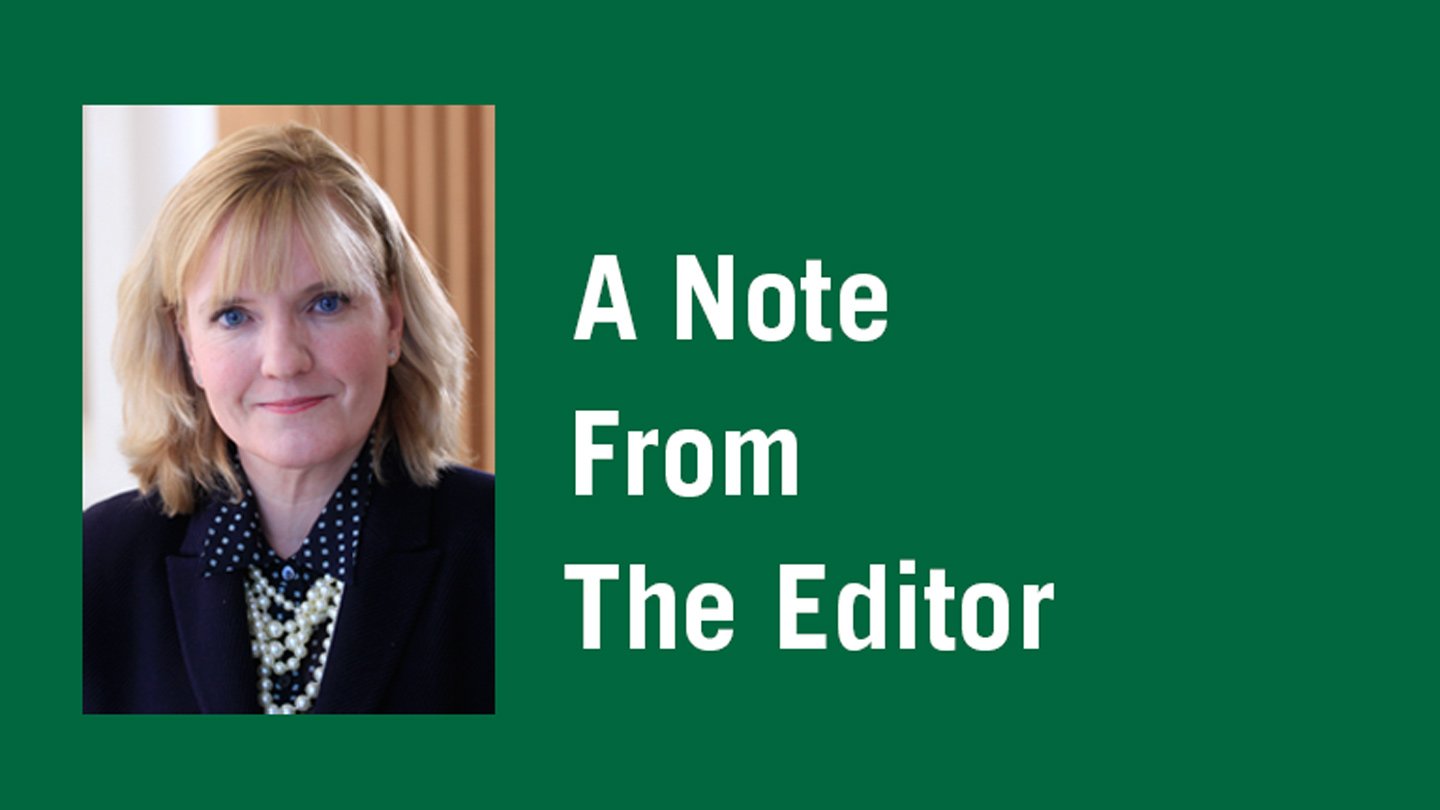CEO on Leadership: Robert Ward, President and CEO, Skanska USA Commercial Development

The president of this New York City-headquartered real estate development firm offers his insights into the industry.
SKANSKA USA SERVES a broad range of clients, including those involved with transportation, power, water and wastewater, health care, education, sports, data centers, government, aviation and more. Headquartered in New York with offices in 31 metro areas, the company has more than 10,000 employees. In 2016, the firm generated more than $6.8 billion in revenue. Global revenue of its parent company, Skanska AB, headquartered in Stockholm and listed on the Stockholm Stock Exchange, totaled $17.7 billion that year.
In the U.S., Skanska’s commercial development group invests in and develops customer-focused, sustainable office and multifamily properties in Boston, Houston, Seattle and Washington, D.C. Since 2009, the company has invested approximately $1.5 billion in nearly a dozen projects. Skanska self-finances the majority of its real estate developments and also serves as construction manager for its projects. The group has developed headquarters offices for Brooks Sports, PwC (also known as PricewaterhouseCoopers) and Tommy Bahama. Each of its projects aims to achieve at least LEED Gold certification.
Robert Ward, president and CEO of Skanska USA Commercial Development, has been with Skanska since 2002. In 2009, he helped launch the company’s commercial development business in the U.S.
Development: What is your primary role as CEO?
Ward: As the leader of a relatively new operation within a large, global company, I am looking ahead to 2025 and 2030. I focus on how we need to differentiate ourselves as a national developer. The world is changing at such a fast rate, and we need to change with it. I want to be the leader who gives people the support they need to do their job, the autonomy to make great decisions and the flexibility to think differently to help us get to where we need to go.
Development: What qualities do you look for when hiring senior staff?
Ward: Two words: no ego. I look for people with good attitudes who I know I can trust to make good decisions. I want senior leaders who not only have a solid track record of performance, but who also have a great track record of treating their teams well. I expect senior staff to play a role in developing their people, both personally and professionally, so I’m more impressed by someone who can make their team better than by an individual’s personal performance.
Development: When one of your employees makes a mistake, how is it addressed internally?
Ward: It’s important to have good conversations, to give them the benefit of the doubt and to understand what led to the mistake in the first place. From there, you have to reset expectations, and make sure they understand the broader impact of the issue. It’s important to help them connect their behavior to the bigger picture. Then you move forward, and hope they learn and grow from that challenge.
Development: How does your company prepare for and weather the inevitable downturns?
Ward: We are at least eight years into a very strong real estate cycle, and the reality is there will be a reset at a certain point in time. Skanska’s commercial development operations have the benefit of being a very lean organization that we can sustain regardless of economic activity. While we never like to see an economic downturn, we also see those times
as opportunities.
Unlike other real estate developers, Skanska self-finances the majority of its projects from its own balance sheet. Because of that, we’re uniquely positioned to invest in land and people – or even start projects on spec if the market conditions make sense – even when the market is not strong. When markets are hot, we’ll build into them, but when things are softer we’re efficient, and our capital platform and structure allow us to invest when financing may not be readily available for other developers.
Development: Looking out three to five years, what do you see on the horizon that will impact the industry? What are you doing today to prepare for those challenges?
Ward: We’re very conscious of what tenants in the market want. We see a change in how people use office space. There is a huge shift toward more amenity spaces and integrating retail, parks and other “public” spaces into both office and residential buildings. Coworking [space] is becoming more prevalent; it meets a need for a wide range of tenants that need flexibility, and it creates a destination where people want to go.
Beyond the three- to five-year time frame, driverless cars will change how we develop. We want to try to design “convertible” buildings today to meet different needs in the future, such as converting parking to office space.
Development: What advice would you give someone entering the commercial real estate industry today?
Ward: My best advice is to recognize that it’s not all “in the books” and that experience is important. It’s a customer-focused business, and nothing can replace relationships. It’s important to establish your personal brand as someone with substance, and as someone who can be trusted in the market.
Development: Did you have a mentor early in your career? What did they teach you?
Ward: My dad was in the Air Force, which has helped to shape my managerial style. He set clear guidelines, rules and expectations. He was also supportive of others. I have tried to emulate that over the course of my own career by trying to focus on the success of teams and not just my own career.
Development: How do you de-stress?
Ward: One of my favorite ways to de-stress is through golf. I like to walk the course, and I don’t use my phone, so for four hours, I am completely offline. I also enjoy reading fiction.
Ron Derven is a contributing editor to Development magazine.





